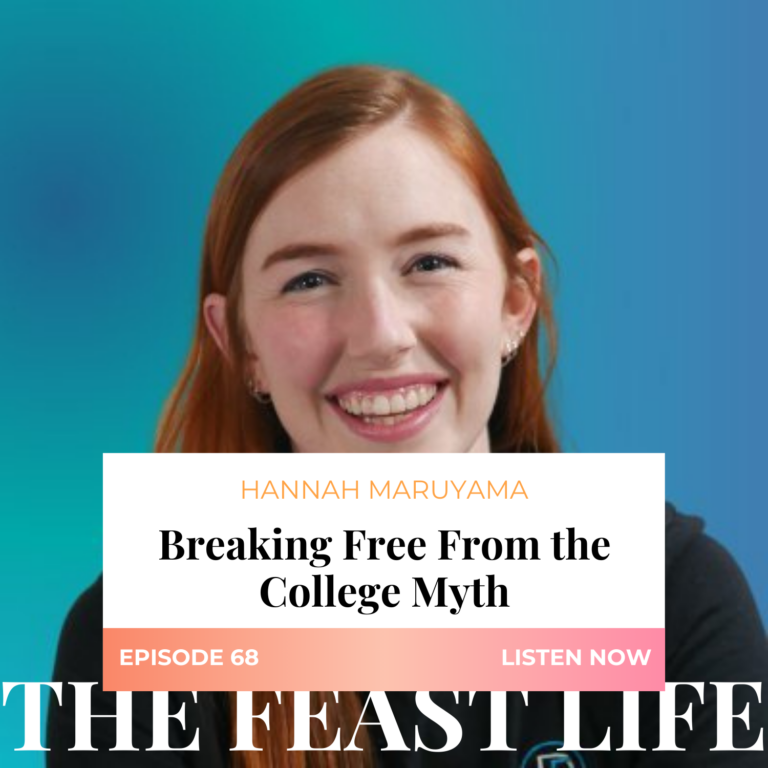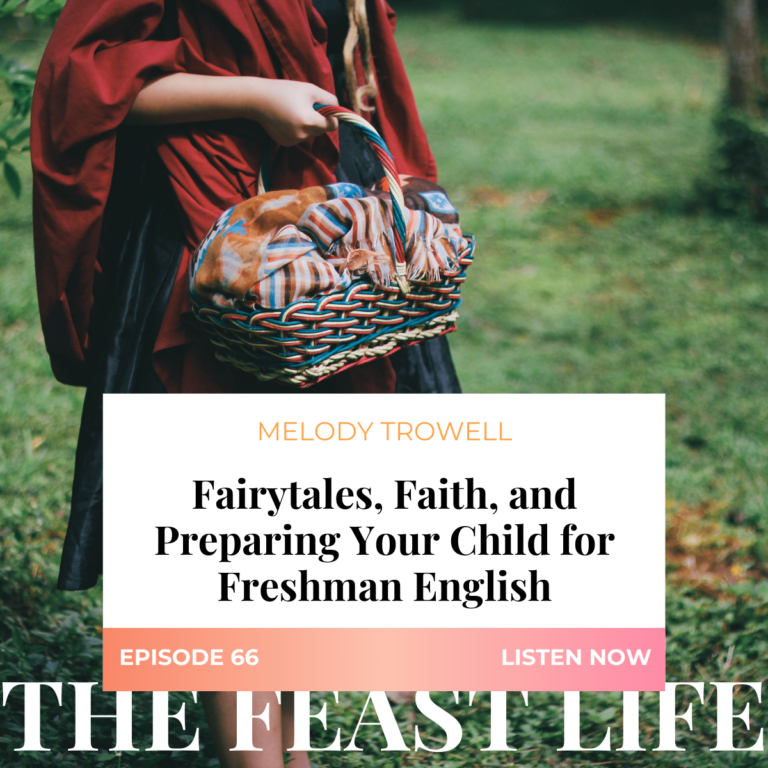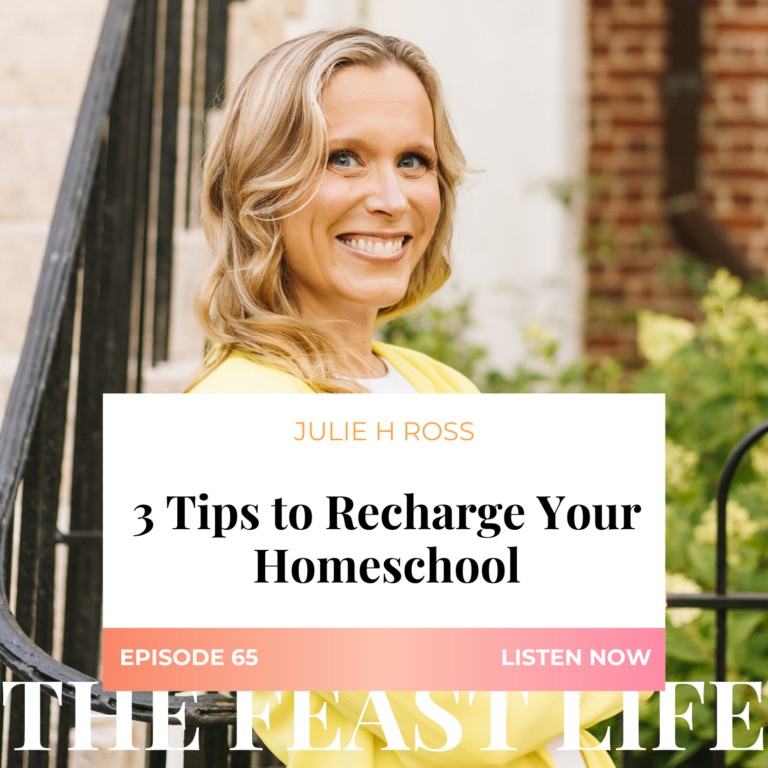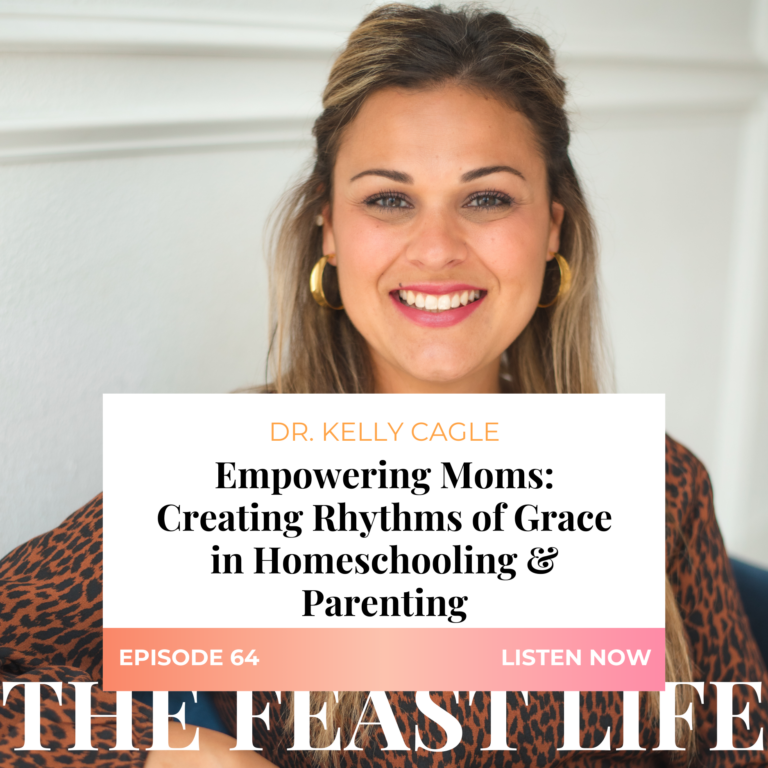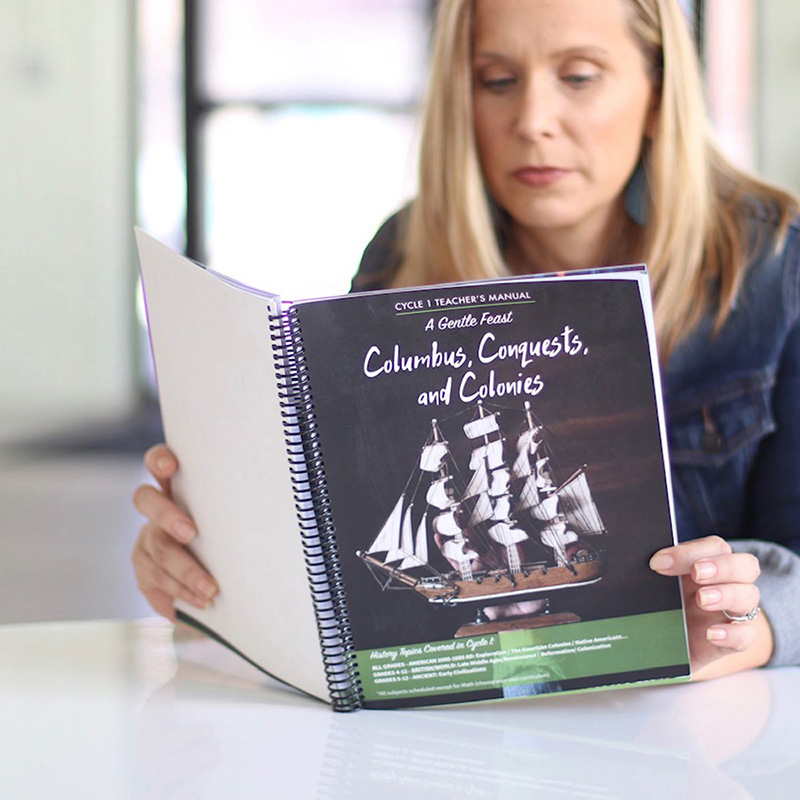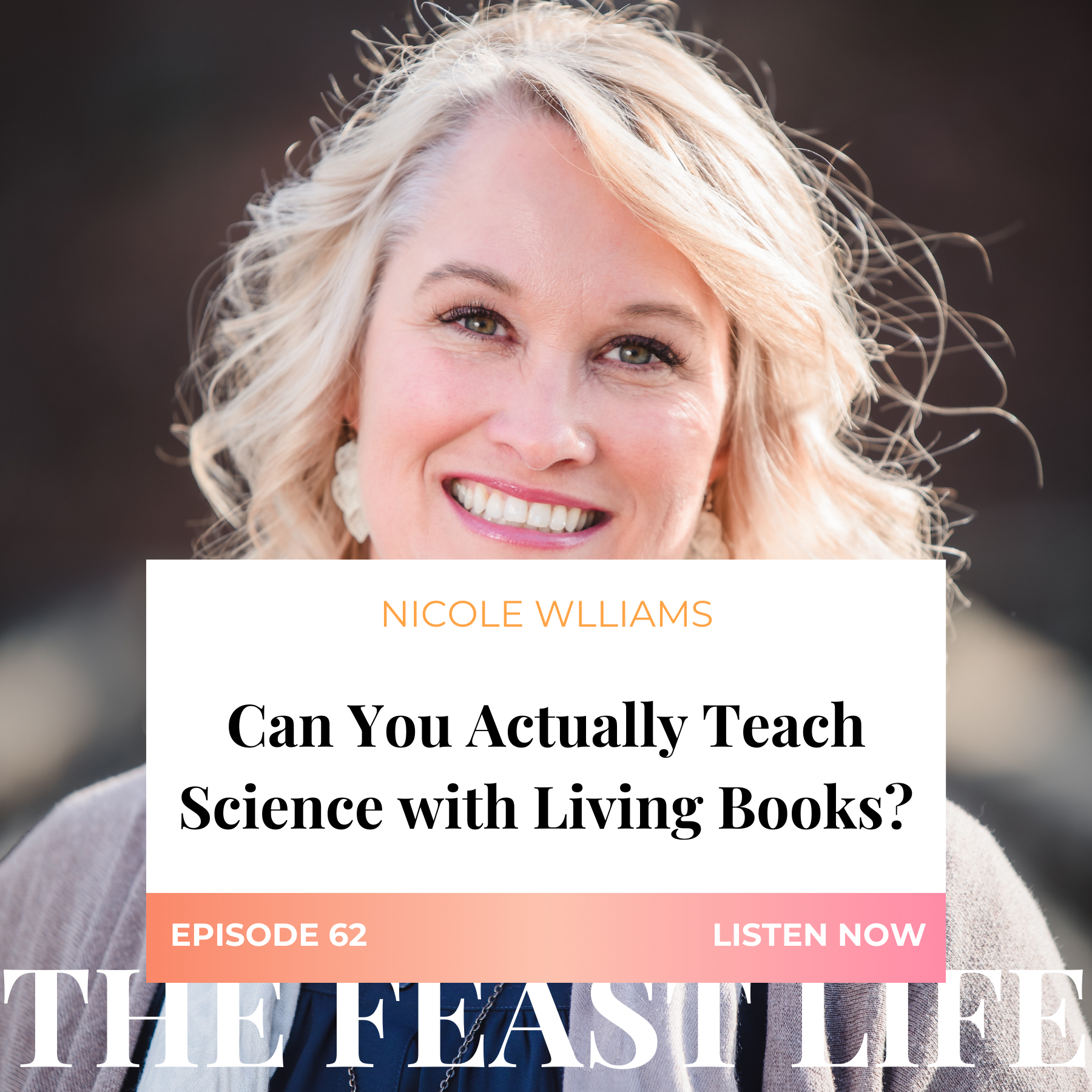
PODCAST | APPLE PODCAST | SPOTIFY | YOUTUBE
How to Make Science Come Alive in Your Homeschool: Insights from Charlotte Mason Expert Nicole Williams
Are you wondering how to make science feel more engaging and life-giving in your homeschool? In a recent episode of The Feast Life podcast, host Julie Ross sat down with Nicole Williams, founder of Sabbath Mood Homeschool, to explore how Charlotte Mason’s approach to science can bring out your child’s natural curiosity and passion for learning. Whether you’re new to homeschooling or an experienced parent, this episode offers fresh insights into creating a science education that inspires.
What is the Charlotte Mason Approach to Science?
The Charlotte Mason approach to education emphasizes “living ideas” over rote memorization, which is especially impactful in science. Instead of heavy textbooks, the focus is on living books—those written by passionate experts who invite readers to explore ideas and concepts with depth and enthusiasm.
Nicole explains that science doesn’t have to be limited to rigid structures and endless memorization. By approaching science with curiosity and creativity, we can instill a lifelong love of learning in our children. She says, “This isn’t just information—it’s about sparking wonder and inviting children to explore God’s world with an open heart.”
Why Living Books Make Science Meaningful
Living books are a central component in the Charlotte Mason method. Unlike traditional textbooks, living books are written in engaging language by authors who care deeply about their subjects. Nicole recommends starting with authors who can convey complex ideas in simple, understandable ways. For instance, one of her favorite books for high school science is ‘For the Love of Physics’ by Walter Lewin, which presents physics in a way that captures the imagination.
“Living books help kids grasp complex concepts without feeling overwhelmed. It’s not about memorizing facts; it’s about igniting a love for the subject,” Nicole shares.
Balancing Experiments and Living Books
Nicole highlights that a balanced science education involves hands-on experiments, especially when they relate directly to what students are reading. This approach gives children a chance to explore concepts in action and develop critical thinking skills. Nicole suggests focusing on experiments that complement the topics discussed in the living books.
For example, if a book chapter discusses light, try a light-based experiment that ties in with what the children just read. Experiments that “go wrong” can still be powerful learning experiences, reminding kids that science is about exploration, not just results.
How to Keep a Science Notebook
Keeping a science notebook is a wonderful way to help students document their learning journey. Nicole describes these notebooks as part journal, part sketchbook, where students can record ideas, diagrams, and narrations of their readings and experiments. This habit encourages children to reflect on what they’ve learned, making the information “stick” better than standard worksheets or tests.
Science notebooks can vary in style, from structured to more creative formats, depending on the child. Younger children may start with oral narrations, while older students can document more detailed notes and sketches.
Approaching Science Through a Christian Worldview
Nicole also shared her approach to teaching science topics that may touch on differing worldviews, such as the age of the earth or evolution. Instead of avoiding these topics, she suggests using them as an opportunity for open discussion. Her guides often point to additional resources, like articles from Answers in Genesis, to give students various perspectives. This allows families to explore complex topics together while supporting each child’s personal faith journey.
“Charlotte Mason believed that there should be no separation between sacred and secular,” Nicole explains. “All of science is part of God’s creation.”
Letting Go of Perfection and Embracing Curiosity
Nicole’s final advice for homeschooling parents: don’t stress about being perfect. Many parents bring baggage from their own educational experiences, which can create anxiety around subjects they didn’t enjoy or felt pressured in. Instead, Nicole encourages parents to foster a sense of wonder and curiosity alongside their children.
“Charlotte Mason’s methods are actually simple at their core,” Nicole reminds us. “If it feels complicated, try to simplify. Science should inspire awe, not overwhelm.”
By cultivating curiosity and a love for discovery, homeschooling parents can make science an enjoyable and meaningful subject for both themselves and their children.
Key Takeaways from This Episode:
- Choose Living Books for Science: Select engaging books by passionate authors to replace traditional textbooks.
- Balance Reading with Experiments: Use experiments that tie into the topics discussed in your reading material.
- Document with Science Notebooks: Encourage children to keep a science notebook with notes, diagrams, and reflections.
- Discuss Diverse Worldviews: Approach topics like the age of the earth with resources from multiple perspectives to encourage open discussions.
- Embrace Curiosity: Let go of perfection and focus on nurturing a love for learning.
About Our Guest:
Connect with Nicole Williams:
Additional Resources
– Checklist for Homeschool Science: sabbathmoodhomeschool.com/GF
– Read-Aloud Revival Episode 9 – Recommended listening for insights into liberal arts education and science.
– Charlotte Mason Show Episode 19 – Charlotte Mason and Dyslexic Students with Julie Ross and Nicole Williams
By shifting from a focus on memorization to a focus on wonder, you can make science a favorite subject in your homeschool. Ready to bring science to life? Listen to this inspiring episode and start planning your own living science curriculum today!
Listen to the full episode on The Feast Life Podcast and discover more ways to make your homeschool a place of exploration and growth!

